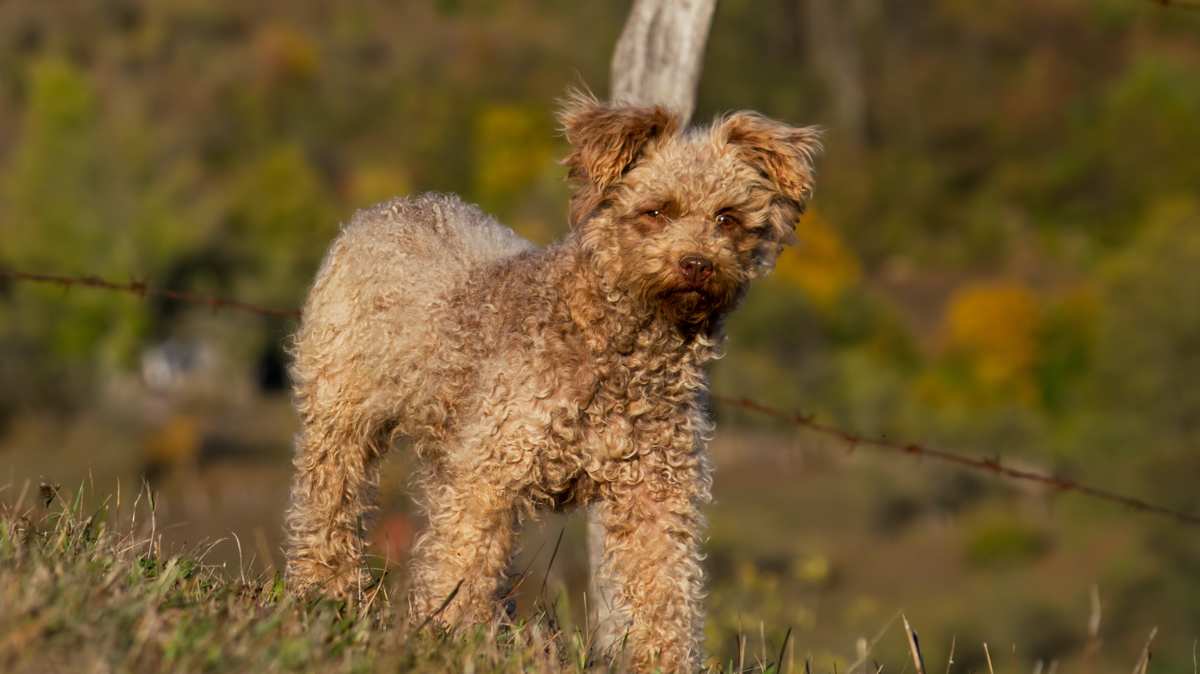Pumi Breed Details
The Pumi is one of those breeds with an imbalance of reasons to have the dog as a companion; fortunately, the good reasons far outnumber the bad ones! This remarkably attractive dog may be difficult to acquire, however, and will require more than a moderate amount of responsibility (which should not be regarded as a downside). They should be welcomed less as a mere companion and more as a family member; doing so will be worth the "work"!
PROS
- Loves children
- Minimal shedding
- Great guard dogs
- Few health issues
- Superb agility dog
- Very easy to train
- Remarkably playful
- Vermin exterminator
- Excellent watchdogs
- Highly communicative
- Gets along with other pets
- Fantastic for highly active lifestyles
- Those ears!
CONS
- Barks a great deal
- High grooming needs
- Requires a lot of training
- Must be socialized with very small pets
- Not a lap dog despite somewhat small size

